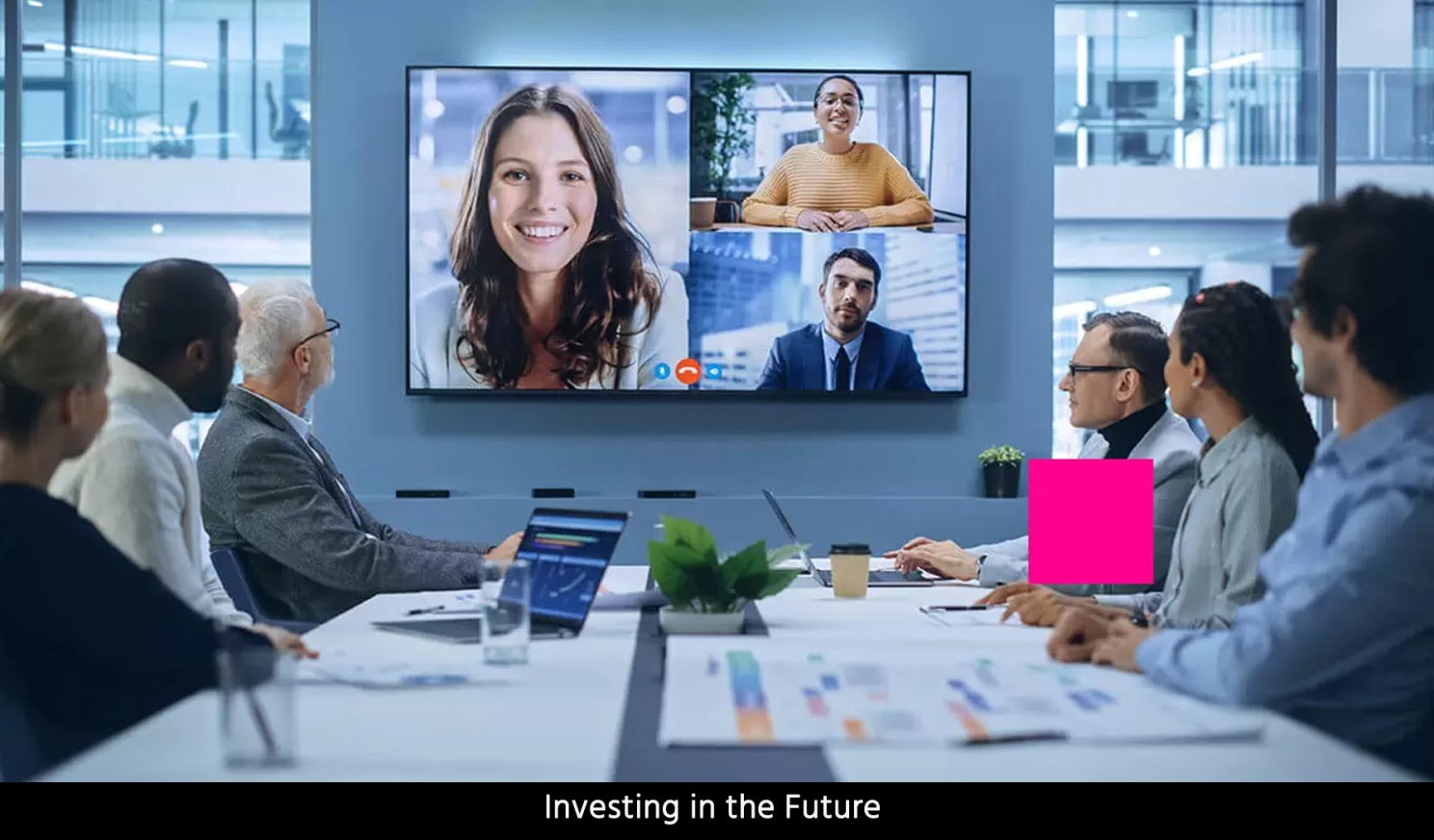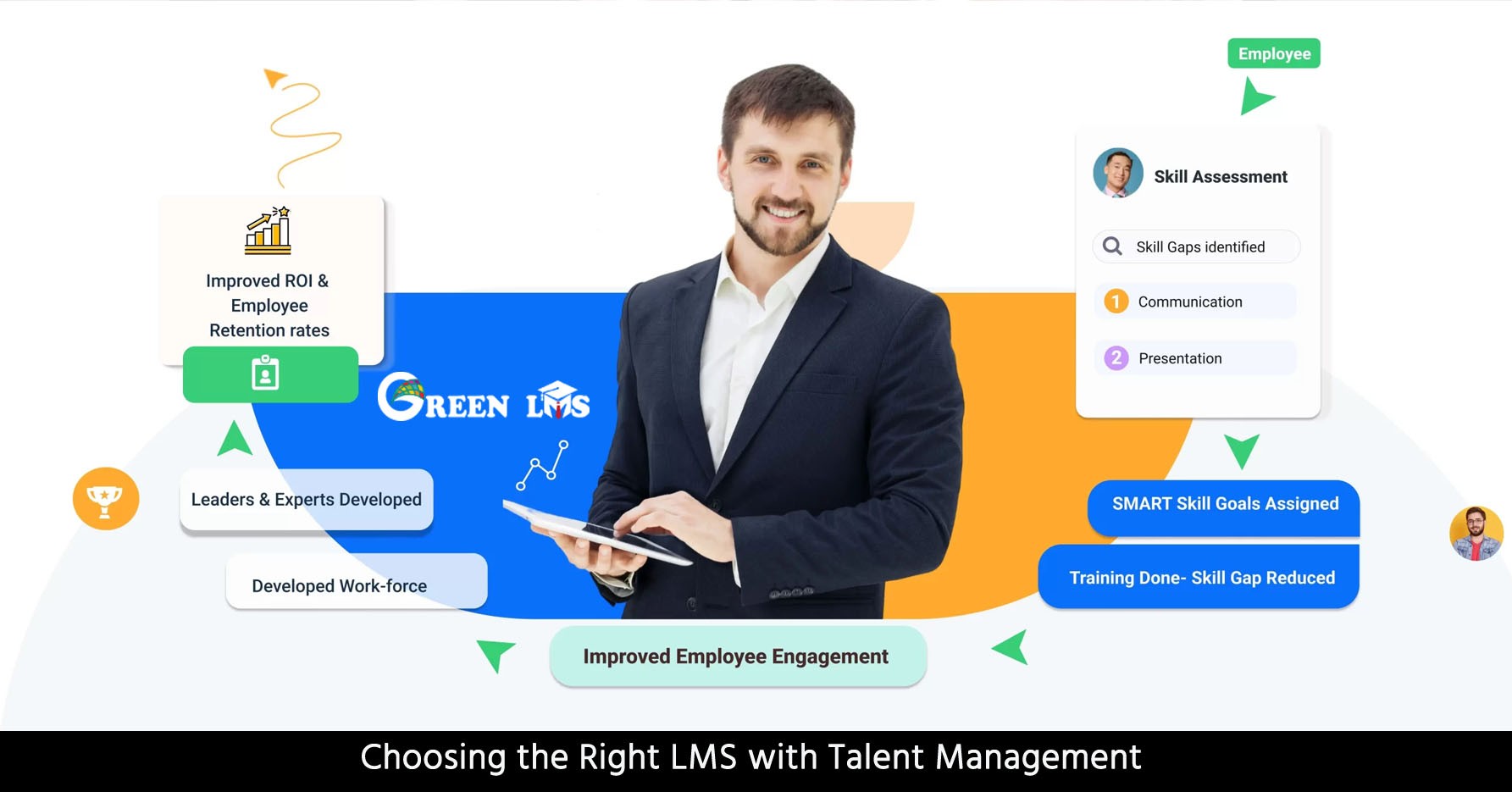Don't Fall for These 3 Myths About Employee Training


Let's break down three common myths surrounding employee training and see why investing in your employees' learning is absolutely critical for your business's success.
Myth 1: "Employees Can Figure It Out On Their Own"
Sure, some employees are highly
independent and possess a natural ability to learn as they work. However, this
mindset leaves the quality of training entirely to chance and individual
effort. While it's fantastic to have resourceful team members, providing
structured training ensures:
- Consistency:
Everyone receives the same baseline knowledge, minimizing confusion and
mismatched expectations.
- Efficiency:
Rather than reinventing the wheel, employees benefit from proven best
practices and streamlined processes.
- Up-to-date knowledge:
Essential for compliance, industry trends, and staying a step ahead of the
competition.
- Company Culture:
Training isn't just about tasks; it's a way to instill company values and
a sense of belonging.
Myth 2: "Employee Training Is Too Expensive"
The word 'expensive' is relative.
When you consider the consequences of inadequate or non-existent training, the
cost becomes crystal clear:
- Decreased productivity: Untrained employees make more mistakes, take longer to
complete tasks, and might produce subpar results.
- High turnover:
Employees that don't feel supported or see no opportunities for growth are
likely to leave. Replacing them is time-consuming and expensive.
- Customer dissatisfaction: Poorly trained employees affect the customer
experience, potentially damaging your reputation.
- Missed opportunities:
Without the right skills, your business cannot easily adapt to changes or
tap into new markets.
Conversely, investing in employee
training can offer a substantial return on investment. Research shows that
companies offering comprehensive training programs often see gains in
productivity, revenue, and improved employee engagement.
Myth 3: "In-Person Training Is the Only Effective
Way"
In-person training certainly has its
benefits, allowing for direct interaction and tailored guidance. However,
advancements in e-learning and virtual training platforms have shattered this
myth and offer numerous advantages:
- Flexibility:
Employees can learn at their own pace. This is especially beneficial for
different learning styles and those juggling work and personal
commitments.
- Accessibility:
Remote learning removes geographical barriers, allowing employees to
access training from anywhere.
- Cost-Effectiveness:
Online training often eliminates travel and venue expenses. Plus, it can
sometimes be conducted during work hours without a huge disruption to the
workday.
- Diversity:
E-learning can facilitate the inclusion of employees with different
abilities or disabilities.
Don't Just Train, CREATE a Culture of Learning
The best approach goes beyond simply
offering training sessions or courses. Instead, foster an environment where
learning is continuous and actively encouraged:
- Leadership buy-in:
When managers champion learning and development, it becomes ingrained in
the company culture.
- Mentorship programs:
Pair experienced employees with newer hires for on-the-job skill and
knowledge transfer.
- Knowledge sharing platforms: Facilitate the exchange of ideas and best practices
through internal forums or collaborative online resources.
- Celebrate Growth:
Recognize employee achievements and encourage employees to share what new
skills or knowledge they've gained.
Choosing the Right Training Approaches
There is no one-size-fits-all
approach to employee training. The best strategy often combines multiple
methods:
- E-learning modules:
Interactive courses that can be self-paced for foundational knowledge or
new concepts
- Microlearning:
Bite-sized learning content (videos, quizzes, etc.) ideal for
reinforcement or skills needed frequently
- Instructor-led training: Still necessary for complex topics, hands-on skills,
or when group discussions are key
- Job shadowing and cross-training: Expand employee skillsets for greater agility within
your organization
- External seminars or conferences: Expose motivated employees to cutting-edge knowledge
in your field
Making Employee Training Work for Your Organization
While dispelling the myths is vital,
effective implementation is equally important. Here are some key considerations
when developing your training program:
- Needs Analysis:
Don't offer generic training programs for the sake of having them.
Identify skill gaps, performance issues, and areas where employees need
specific upskilling or knowledge updates.
- Learning Objectives:
Set clear goals for each training initiative. What should employees be
able to do differently after they've completed the training?
- Relevance and Engagement: Tailor training to the specific roles and
responsibilities of your employees. Use interactive elements, real-world
scenarios, and gamification where appropriate to boost engagement.
- Feedback and Evaluation: Don't just deliver training and forget about it.
Gather feedback from participants to assess its effectiveness and identify
areas for improvement. Measure the impact of training on performance
metrics over time.
The Benefits Go Beyond Employees
Employee training yields tangible
benefits for both your employees and the organization as a whole. Remember,
it's about more than tasks, it's about developing human potential:
- Employee Motivation and Satisfaction: Learning opportunities signal to employees that you
are invested in their growth. This is a significant factor in job
satisfaction and retention.
- Enhanced Innovation:
A learning culture encourages employees to experiment, explore new ideas,
and contribute to the improvement of processes and products.
- Agility and Resilience: With a skilled and adaptable workforce, your business
is better equipped to handle changes in the market or unexpected
challenges.
- Competitive advantage: Companies that prioritize employee development
consistently outperform those that don't.

Additional Tips for Building a Successful Training Program
- Make Learning Accessible: Use mobile-friendly formats and offer a range of
training options to accommodate different schedules and learning styles.
- Reward Learning:
Incentivize employees for completing training programs. Tie their
professional development and skills growth to opportunities for career
advancement.
- Create a Supportive Environment: Provide time and resources for employees to apply
their new skills on the job.
- Track Your Investment: Regularly assess the ROI (return on investment) of
your training programs to demonstrate their value and justify continued
investment.
Key Takeaway
Employee training isn't an optional luxury or a "nice to have."
It's a strategic investment in your business's most valuable asset – your
people. By ditching outdated myths and promoting a continuous learning culture,
you create a win-win situation for both your employees and your organization.
Let me know if you'd like more information about the specific features of Green LMS and how it can benefit your organization!
Post Your Ad Here












Comments (1)
Robert Hebel16
Website Traffic
Great information for people needing to know About Employee Training....